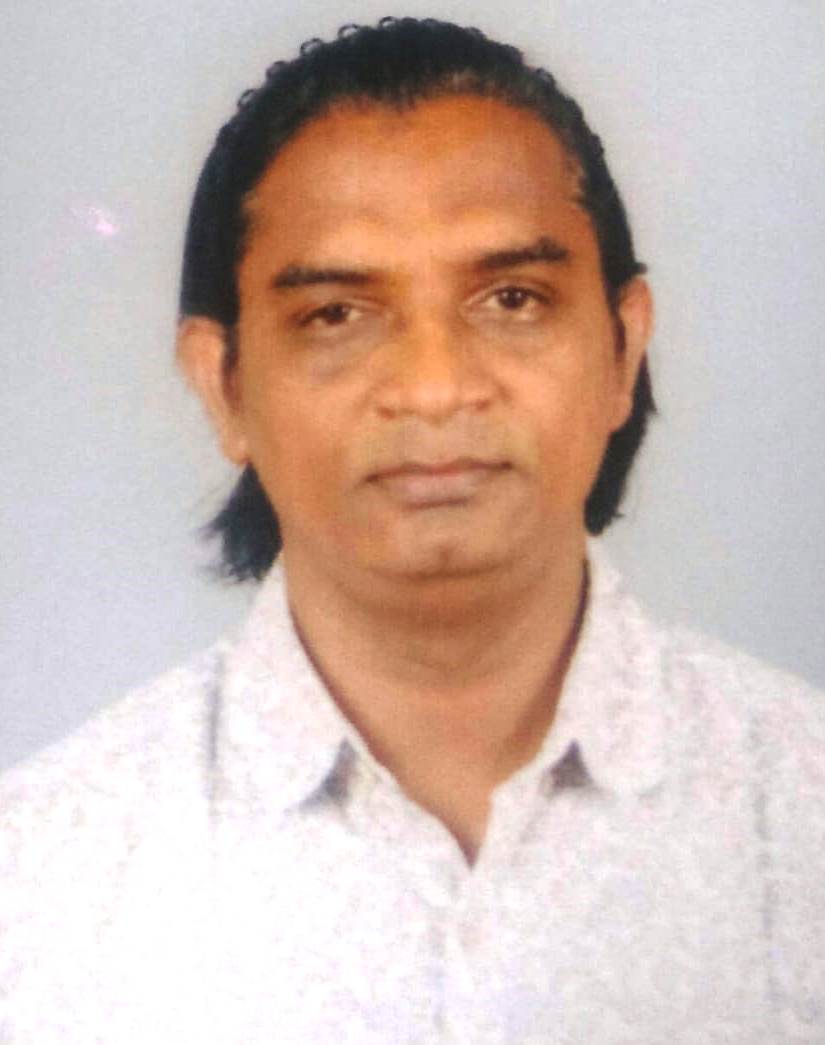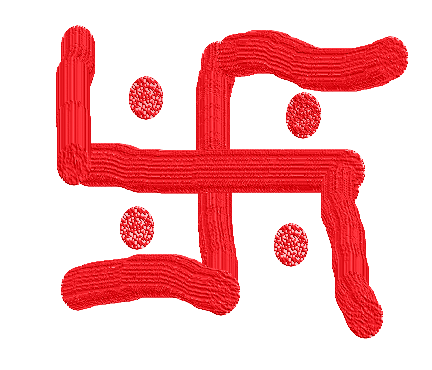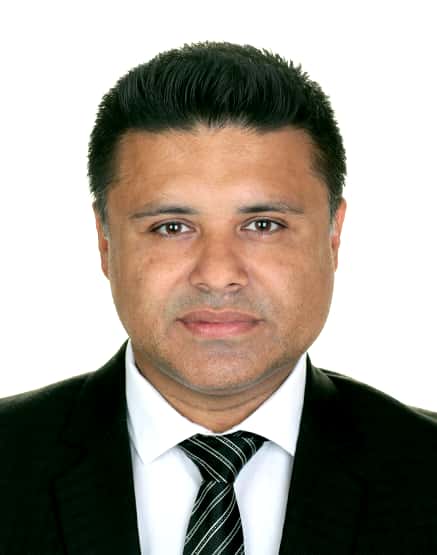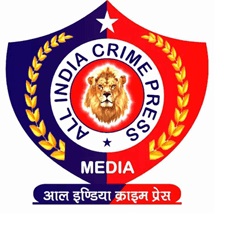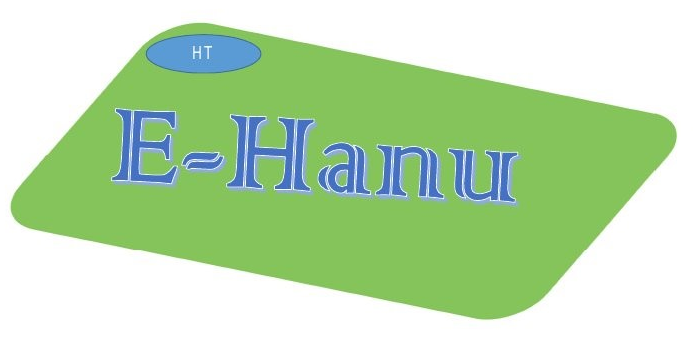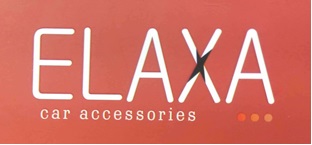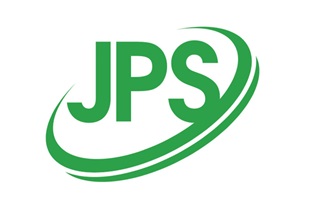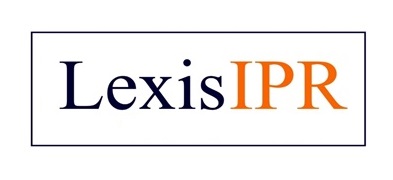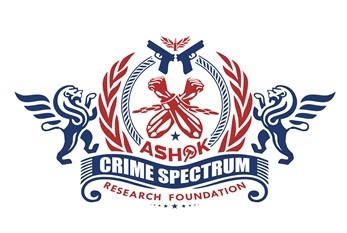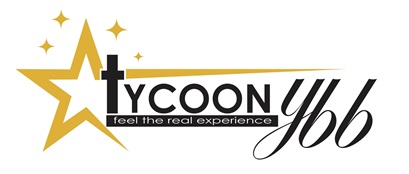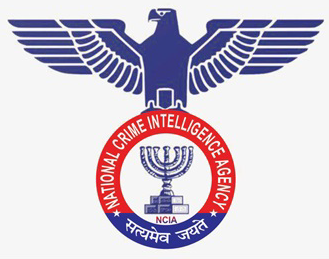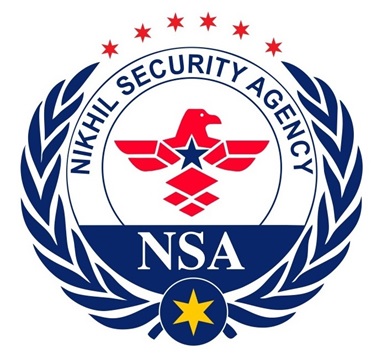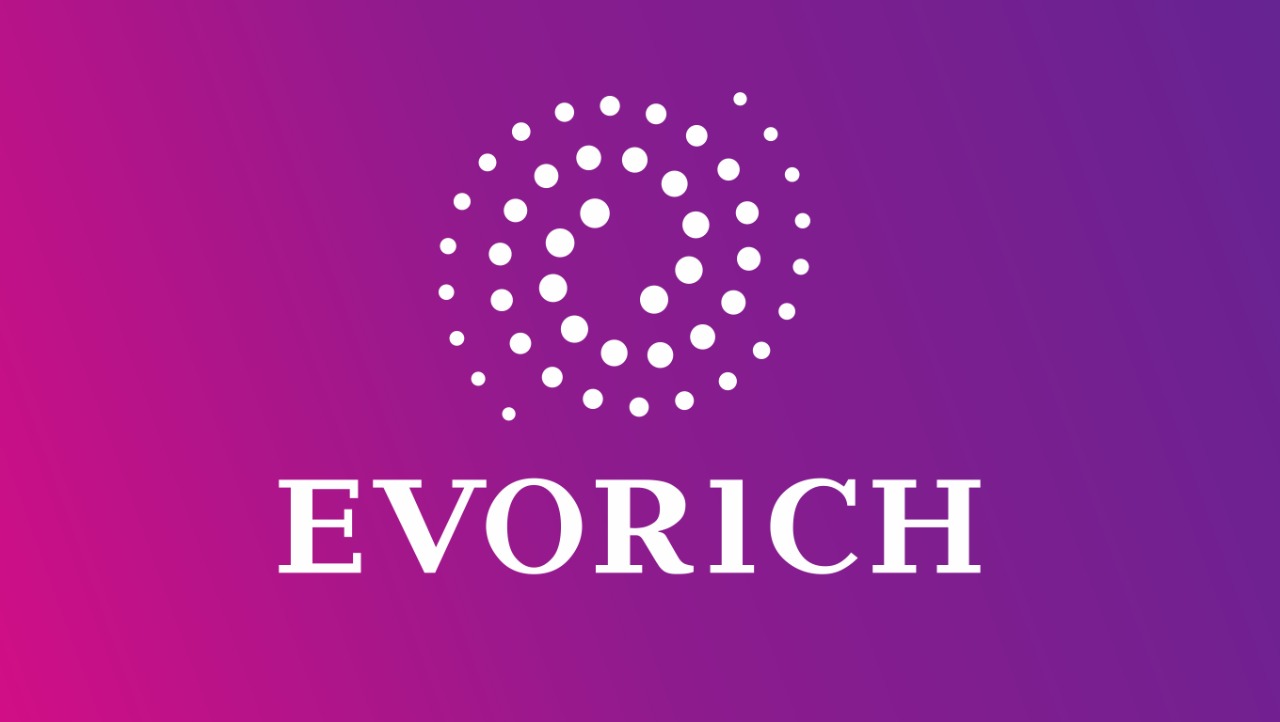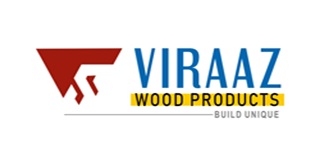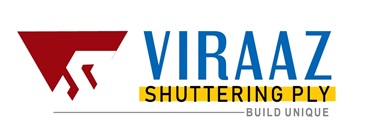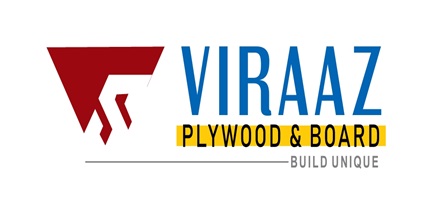Trademark Prosecution
Civil litigation, Criminal , Commercial Litigation, Arbitration Proceedings, Intellectual Property Rights , Personal & Family Litigation, Income Tax Litigation, GST , Company Law , Consumer Case , Mediation & Conciliation.
3000 +
Happy clients
300 +
Advocate, CA, CS
10 +
Associates Offices
Request A Call Back
Trademark Prosecution
Trademark prosecution is a series of interactions performed by a trademark lawyer with the officials of a trademarks office for the purpose of getting the specified task done. This trademark prosecution may be made before or after the registration of a trademark/service-mark; and at the domestic or international level.

Trademark office will issue an examination report after checking all the formalities. If an objection is raised in the report then an appropriate reply is to be filed within 1 month from the date of receipt of examination report and a hearing with the examiner may be called. If the application is still refused, then an appeal can be made to the Intellectual property appellate board. However, in case of no objection in the examination report, trademark is published in the trademark journal for a period of 4 months for general public to raise objection, if any. If general public does not object within 4 months of publication, mark will be registered within some time. However, if it is objected, then a hearing will be called and both the parties have to appear before the court. Highly experienced trademark agents and attorneys prepare responses to office actions, opposition.
The registrar may accept or refuse the application subject to provision of the Trademark Act. An application can refused / object by the registrar on two ground namely (1)Absolute Ground, and (2) Relative Ground.
1) Absolute ground: Under Section 9 in The Trade Marks Act, 1999, for refusal of registration.
Section 9. Absolute grounds for refusal of registration.—
(1) The trade marks—
(a) which are devoid of any distinctive character, that is to say, not capable of distinguishing the goods or services of one person from those of another person;
(b) which consist exclusively of marks or indications which may serve in trade to designate the kind, quality, quantity, intended purpose, values, geographical origin or the time of production of the goods or rendering of the service or other characteristics of the goods or service;
(c) which consist exclusively of marks or indications which have become customary in the current language or in the bona fide and established practices of the trade, shall not be registered: Provided that a trade mark shall not be refused registration if before the date of application for registration it has acquired a distinctive character as a result of the use made of it or is a well-known trade mark.
(2) A mark shall not be registered as a trade mark if—
(a) it is of such nature as to deceive the public or cause confusion;
(b) it contains or comprises of any matter likely to hurt the religious susceptibilities of any class or section of the citizens of India;
(c) it comprises or contains scandalous or obscene matter;
(d) its use is prohibited under the Emblems and Names (Prevention of Improper Use) Act, 1950 (12 of 1950).
(3) A mark shall not be registered as a trade mark if it consists exclusively of—
(a) the shape of goods which results from the nature of the goods themselves; or
(b) the shape of goods which is necessary to obtain a technical result; or
(c) the shape which gives substantial value to the goods. Explanation.—For the purposes of this section, the nature of goods or services in relation to which the trade mark is used or proposed to be used shall not be a ground for refusal of registration.
2) Relative Ground: Under section 11 in Trademark Act is define Relative grounds for refusal of registration.
- Relative grounds for refusal of registration.—
(1) Save as provided in section 12, a trade mark shall not be registered if, because of—
(a) its identity with an earlier trade mark and similarity of goods or services covered by the trade mark; or
(b) its similarity to an earlier trade mark and the identity or similarity of the goods or services covered by the trade mark, there exists a likelihood of confusion on the part of the public, which includes the likelihood of association with the earlier trade mark.
(2) A trade mark which—
(a) is identical with or similar to an earlier trade mark; and
(b) is to be registered for goods or services which are not similar to those for which the earlier trade mark is registered in the name of a different proprietor, shall not be registered, if or to the extent, the earlier trade mark is a well-known trade mark in India and the use of the later mark without due cause would take unfair advantage of or be detrimental to the distinctive character or repute of the earlier trade mark.
(3) A trade mark shall not be registered if, or to the extent that, its use in India is liable to be prevented—
by virtue of any law in particular the law of passing off protecting an unregistered trade mark used in the course of trade; or
(b) by virtue of law of copyright.
(4) Nothing in this section shall prevent the registration of a trade mark where the proprietor of the earlier trade mark or other earlier right consents to the registration, and in such case the Registrar may register the mark under special circumstances under section 12. Explanation.—For the purposes of this section, earlier trade mark means—
) a registered trade mark or convention application referred to in section 154 which has a date of application earlier than that of the trade mark in question, taking account, where appropriate, of the priorities claimed in respect of the trade marks;
(b) a trade mark which, on the date of the application for registration of the trade mark in question, or where appropriate, of the priority claimed in respect of the application, was entitled to protection as a well-known trade mark.
(5) A trade mark shall not be refused registration on the grounds specified in sub-sections (2) and (3), unless objection on any one or more of those grounds is raised in opposition proceedings by the proprietor of the earlier trade mark.
(6) The Registrar shall, while determining whether a trade mark is a well-known trade mark, take into account any fact which he considers relevant for determining a trade mark as a well-known trade mark including—
(i) the knowledge or recognition of that trade mark in the relevant section of the public including knowledge in India obtained as a result of promotion of the trade mark;
(ii) the duration, extent and geographical area of any use of that trade mark;
(iii) the duration, extent and geographical area of any promotion of the trade mark, including advertising or publicity and presentation, at fairs or exhibition of the goods or services to which the trade mark applies;
(iv) the duration and geographical area of any registration of or any application for registration of that trade mark under this Act to the extent they reflect the use or recognition of the trade mark;
(v) the record of successful enforcement of the rights in that trade mark; in particular, the extent to which the trade mark has been recognised as a well-known trade mark by any court or Registrar under that record.
(7) The Registrar shall, while determining as to whether a trade mark is known or recognised in a relevant section of the public for the purposes of sub-section (6), take into account—
(i) the number of actual or potential consumers of the goods or services;
(ii) the number of persons involved in the channels of distribution of the goods or services;
(iii) the business circles dealing with the goods or services, to which that trade mark applies.
(8) Where a trade mark has been determined to be well-known in at least one relevant section of the public in India by any court or Registrar, the Registrar shall consider that trade mark as a well-known trade mark for registration under this Act.
(9) The Registrar shall not require as a condition, for determining whether a trade mark is a well-known trade mark, any of the following, namely:—
(i) that the trade mark has been used in India;
(ii) that the trade mark has been registered;
(iii) that the application for registration of the trade mark has been filed in India;
(iv) that the trade mark—
(a) is well known in; or
(b) has been registered in; or
(c) in respect of which an application for registration has been filed in, any jurisdiction other than India; or
(v) that the trade mark is well-known to the public at large in India.
(10) While considering an application for registration of a trade mark and opposition filed in respect thereof, the Registrar shall—
(i) protect a well-known trade mark against the identical or similar trade marks;
(ii) take into consideration the bad faith involved either of the applicant or the opponent affecting the right relating to the trade mark.
(11) Where a trade mark has been registered in good faith disclosing the material informations to the Registrar or where right to a trade mark has been acquired through use in good faith before the commencement of this Act, then, nothing in this Act shall prejudice the validity of the registration of that trade mark or right to use that trade mark on the ground that such trade mark is identical with or similar to a well-known trade mark.
Our Services
- Rendering trademark litigation services to the clients.
- Enforcing and challenging of impugned order.
- Writ before High Courts and Supreme Court of India
- Representing clients before Trademark Registry, District court, High Courts, and Supreme Court
- Advising clients on the appropriate remedies, choice of procedural and substantive law.
- Trademark Watch
- Trademark Search & Filling



